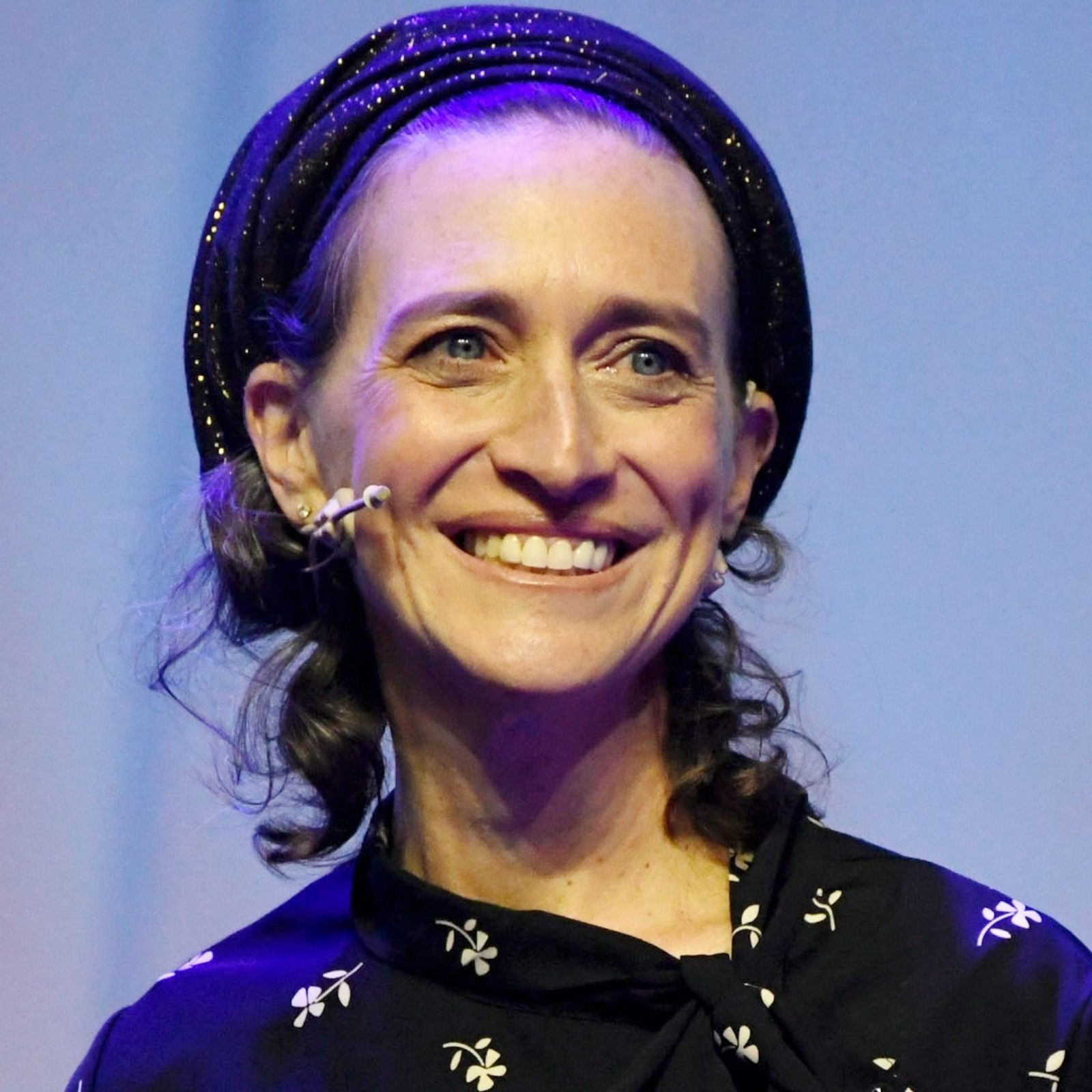Pesachim 8b:
״שלוחי מצוה אינן ניזוקין, לא בהליכתן ולא בחזירתן״
“Those on the path to perform a mitzvah are not susceptible to harm; neither when they go nor when they return.”
The Talmud cites Devarim 16:7 as the proof text that people are protected when they return from performing a Mitzvah:
״ובשלת ואכלת במקום אשר יבחר ה׳ אלקיך בו ופנית בבקר והלכת לאהליך״
“You shall roast it and eat it [the Korban Pesach]
and you shall turn in the morning and go to your tents”
The common understanding of this pasuk is that after you eat the Korban Pesach you go home. So why did the Rabbis expand its meaning to include protection on your journey home?
The Ibn Ezra focuses on the word “tent.” He takes issue with the Karaites’ literal interpretation of the text: that a Pilgrim should return home in the morning, immediately after the Korban Pesach, while it is still Yom Tov! Of course, the Ibn Ezra believes that travel on Yom Tov is forbidden. Instead, he explains that throngs of pilgrims came to Jerusalem for Pesach and pitched their tents in and around the city. They sacrificed the Korban Pesach on the 14th of Nisan, returned to their Jerusalem tents on the morning of the 15th of Nisan, and only began their journey home on the 16th of Nisan (after the first day of Yom Tov).
The literal interpretation of this pasuk also bothered the Rabbis. In Chagiga 17b, they interpreted the word “morning” as specifically not referring to the morning of the 15th, but to the next morning. Thus pilgrims needed to remain in Jerusalem for an extra night, and only return home on the first day of Chol HaMoed. Perhaps the Rabbis wanted the pilgrims to tarry in Jerusalem, so they had enough time to take full advantage of their spiritual surroundings. This lesson is still relevant today. How many times have we rushed back to our frenetic schedules, denying ourselves the opportunity to fully internalize meaningful religious encounters?
At the other extreme were Jerusalem pilgrims who experienced such intense religious yearnings that they never wanted to leave Jerusalem. They couldn’t bear returning to normal life. Even today, some Jerusalem pilgrims (of all religions) report having such intense religious experiences that they are afflicted with the “Jerusalem Syndrome.” (See Wikipedia for more details). Thus the Torah needs to specifically state the obvious: return home! It emphasizes returning home, going back to one’s family, and back to work. Perhaps this hints at the need to balance and integrate the spiritual with the mundane.
The Torah Temima was also troubled by our question: what unusual aspect of this pasuk prompted the Rabbis to learn the additional lesson that one is not harmed on the way home from performing a mitzvah? Quoting the Eeyay Hayam, the Torah Temima points out that a preceding pasuk commands “you may not sacrifice the Korban Pesach in one of your cities.” So it would be more consistent for our pasuk to state that you go home “to your cities” instead of saying to go home “to your tents.” The inconsistent choice of the word “tent” must be teaching us an additional lesson. Thus the Rabbis interpreted the word “tent” more expansively, to mean all of one’s possessions. Presumably, pilgrims were worried about leaving their homes and their possessions behind when they embarked on the long journey to Jerusalem. The Rabbis interpretation of the pasuk, that people are protected by their performance of a mitzvah, must have reassured the travelers that when they returned home they would find all of their possessions as they left them, unharmed.
Our pasuk is focused on returning home after performing a mitzvah associated with Pesach (the Korban Pesach). There are at least 2 other occasions where Tanach uses the phrase of returning to their “tents” after performing a major mitzvah that is connected to a chag. The first instance is by Matan Torah (Devarim 5:27), which is associated with Shavuot. The second occurrence is after Solomon’s dedication of the Temple, which preceded Sukkot (Malachim I, 8:66 and Divrei Hayamim II, 7:10). Why do you think they chose our pasuk and not one of these?









